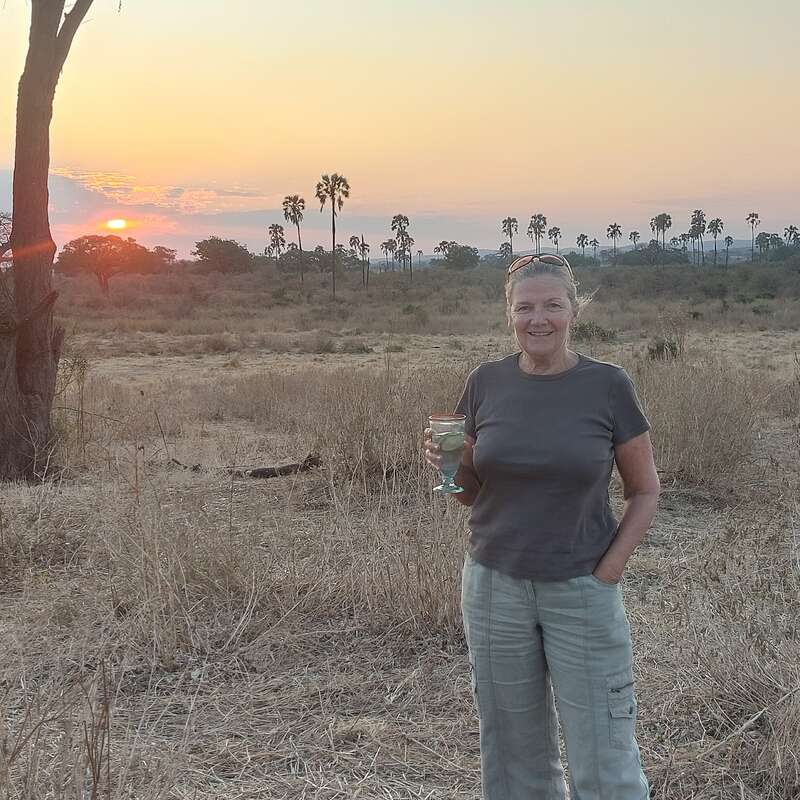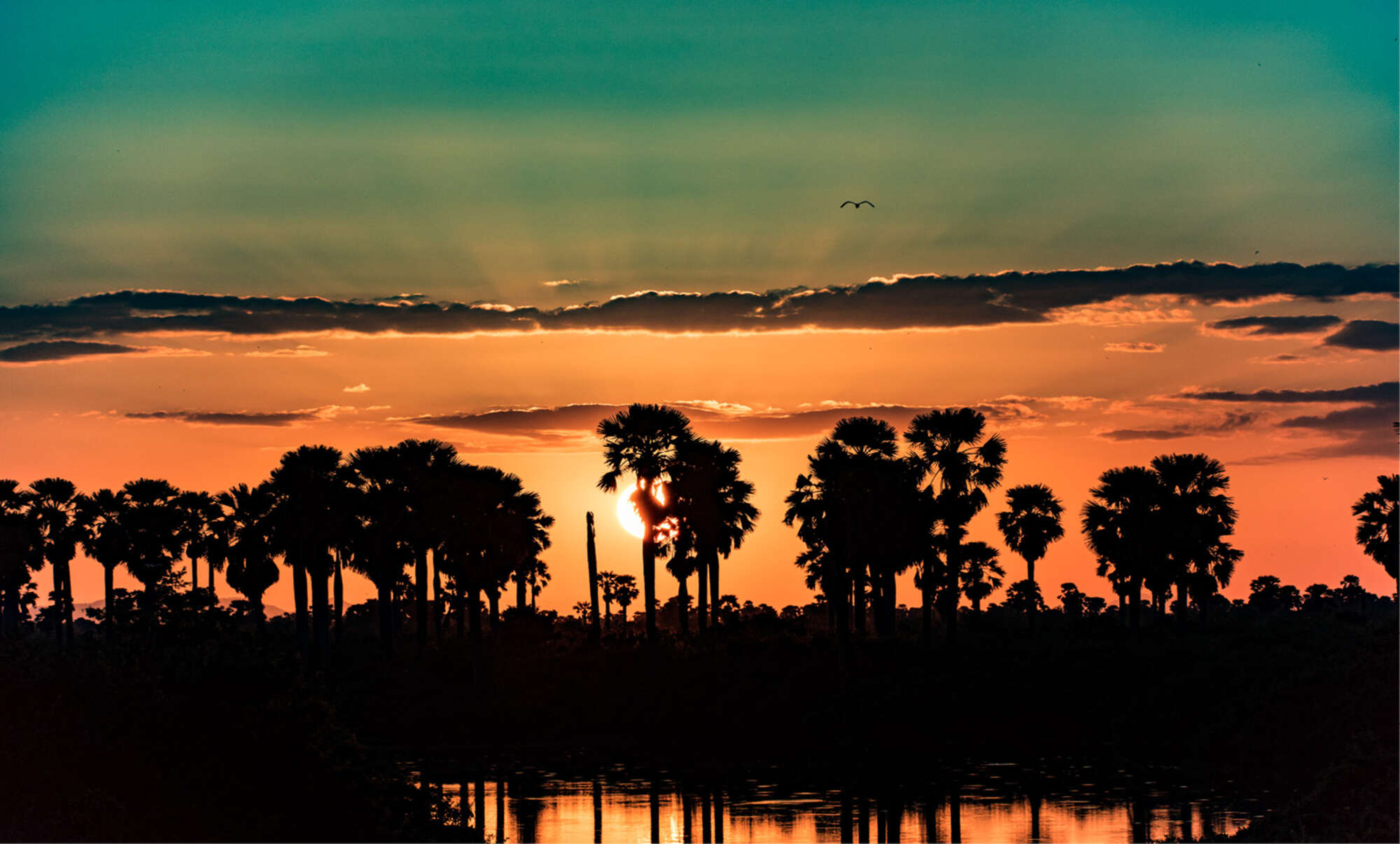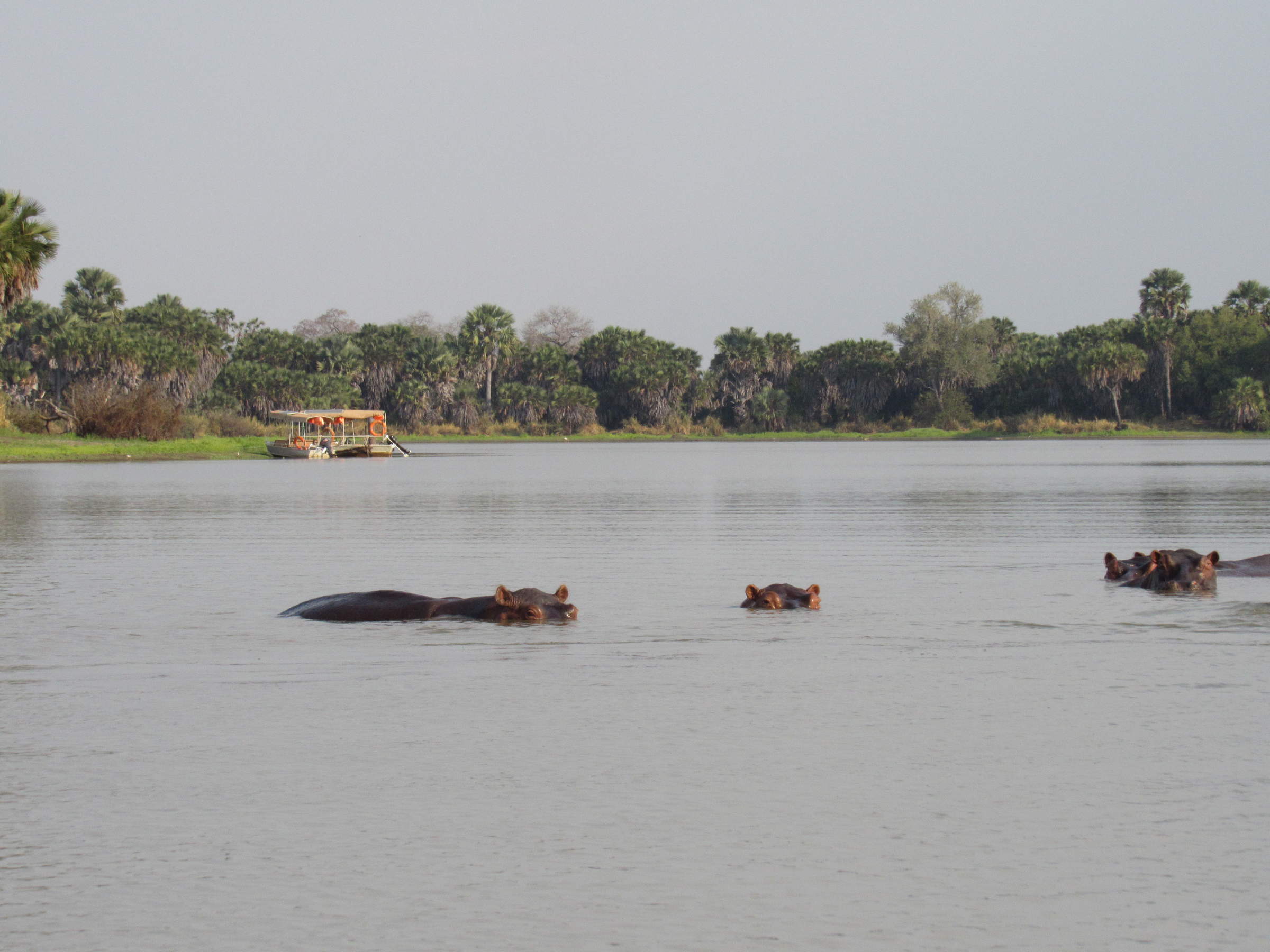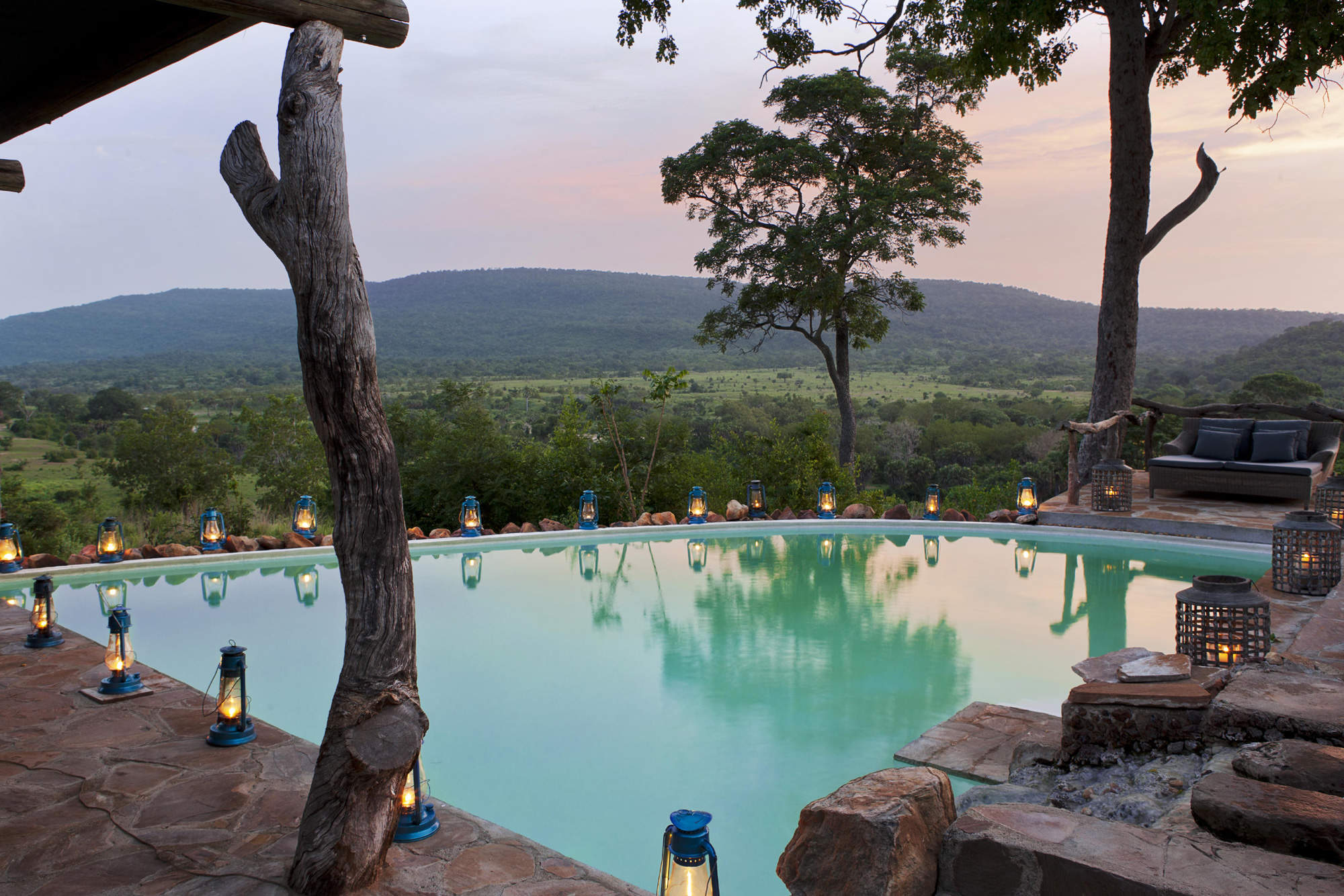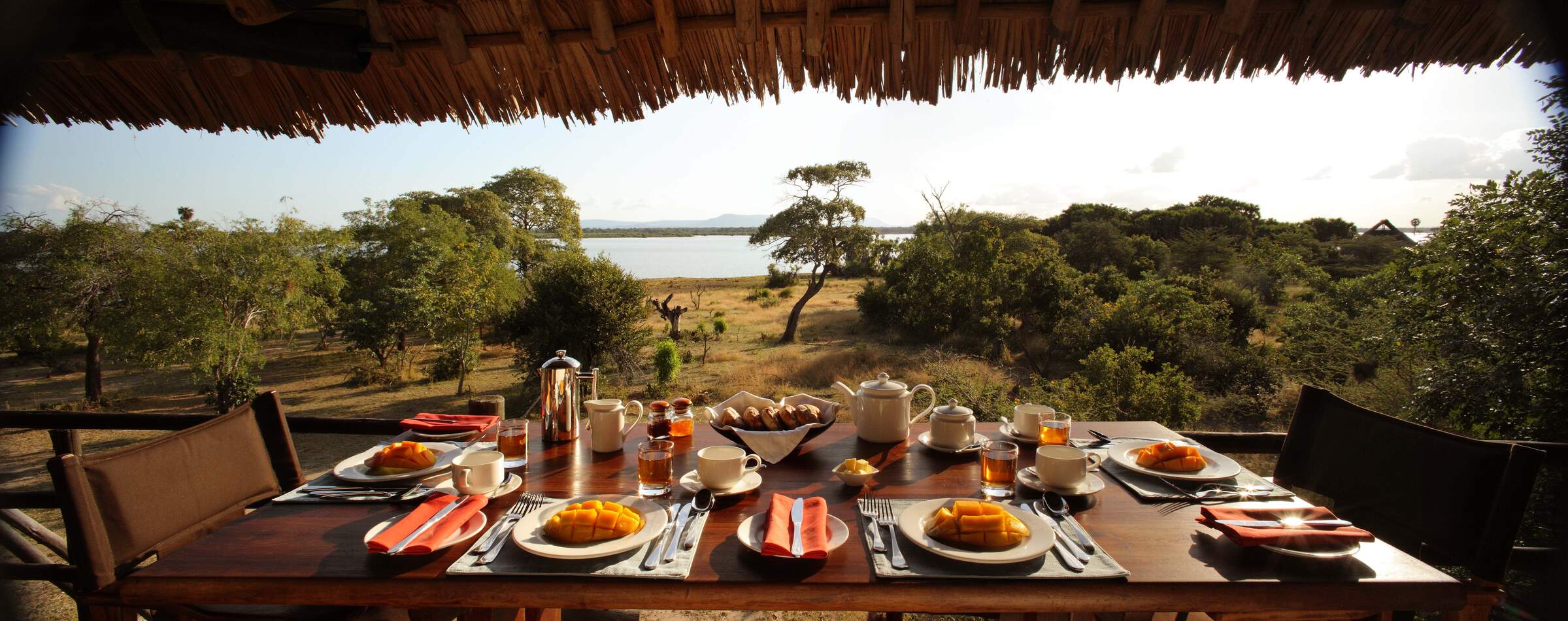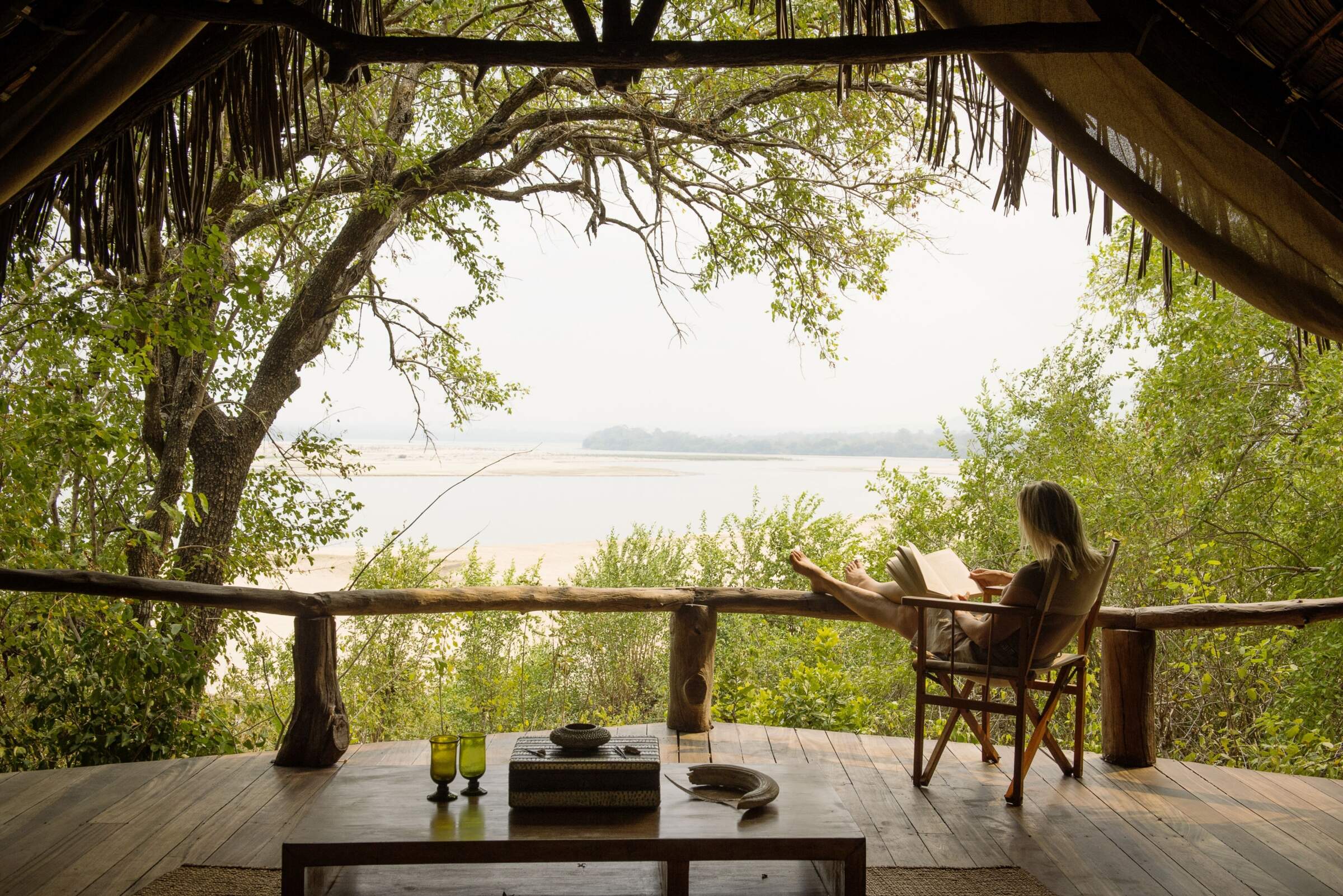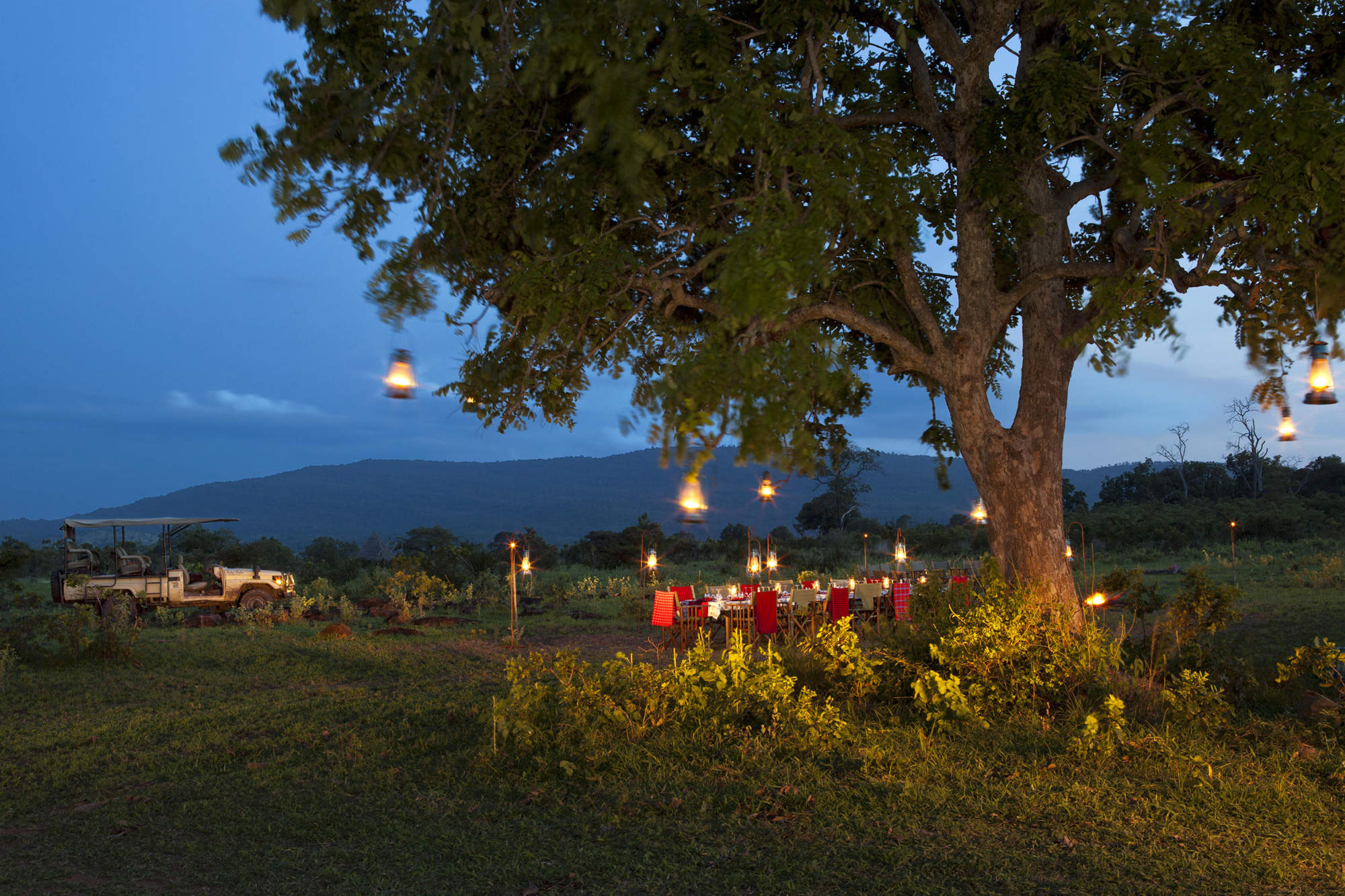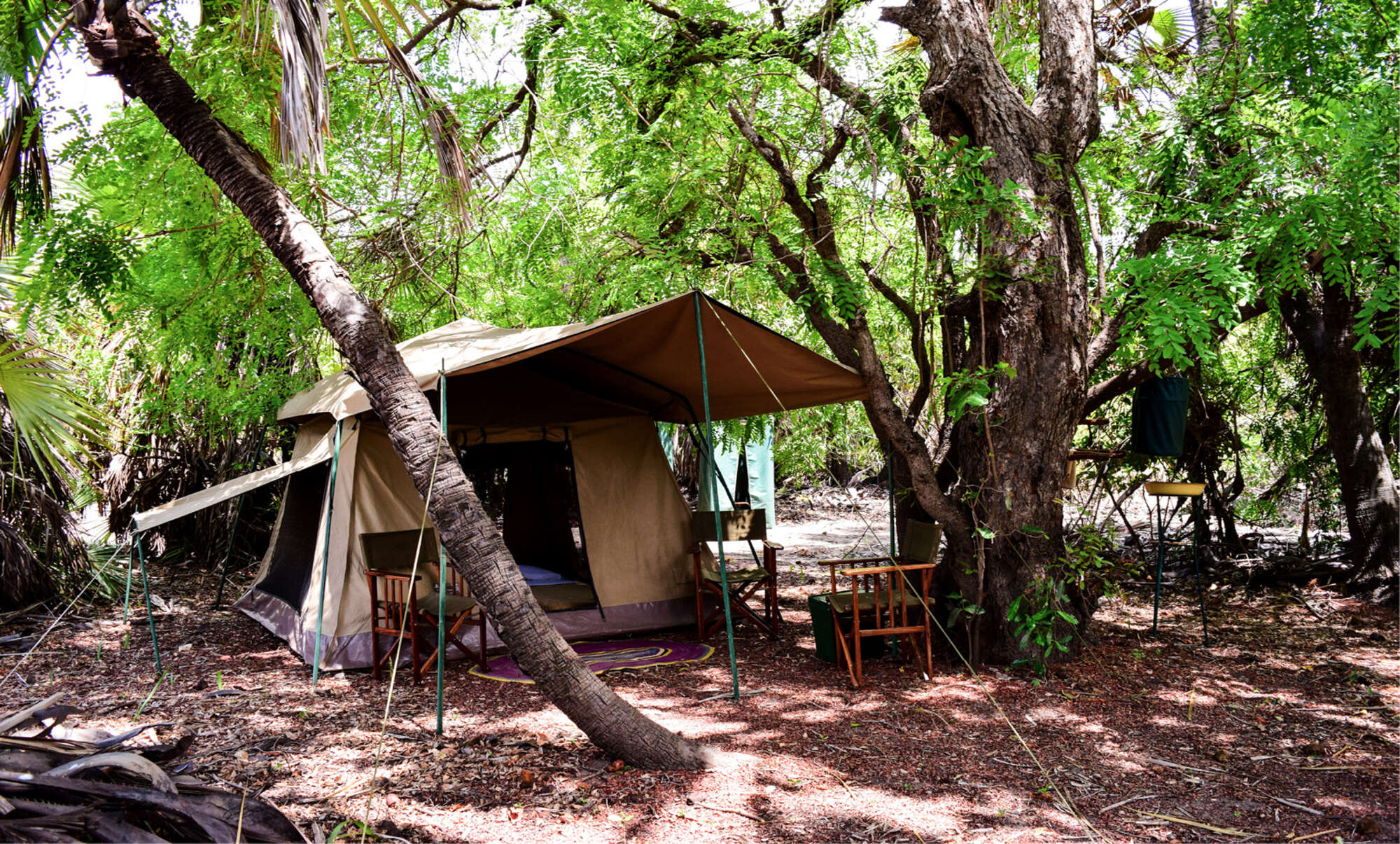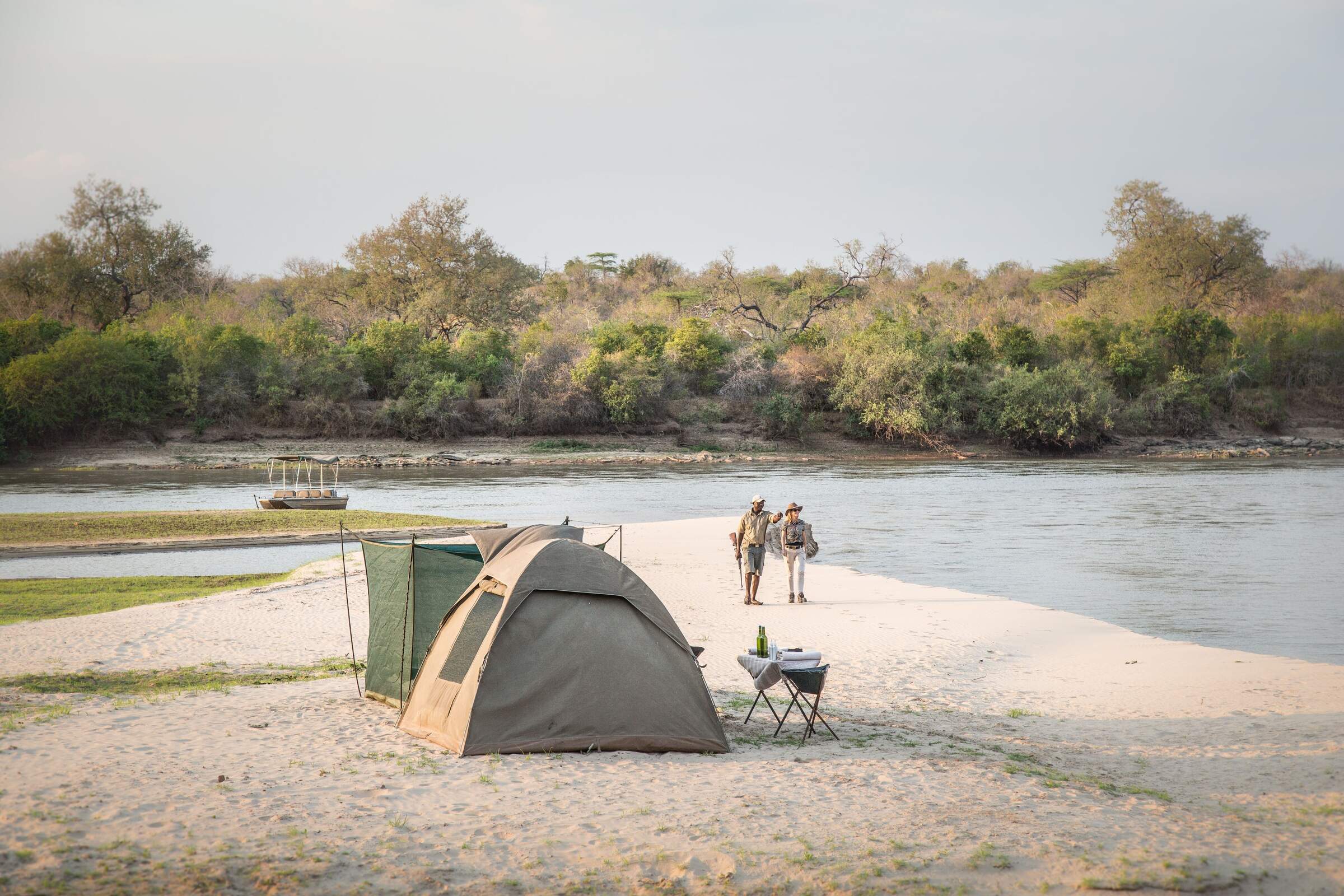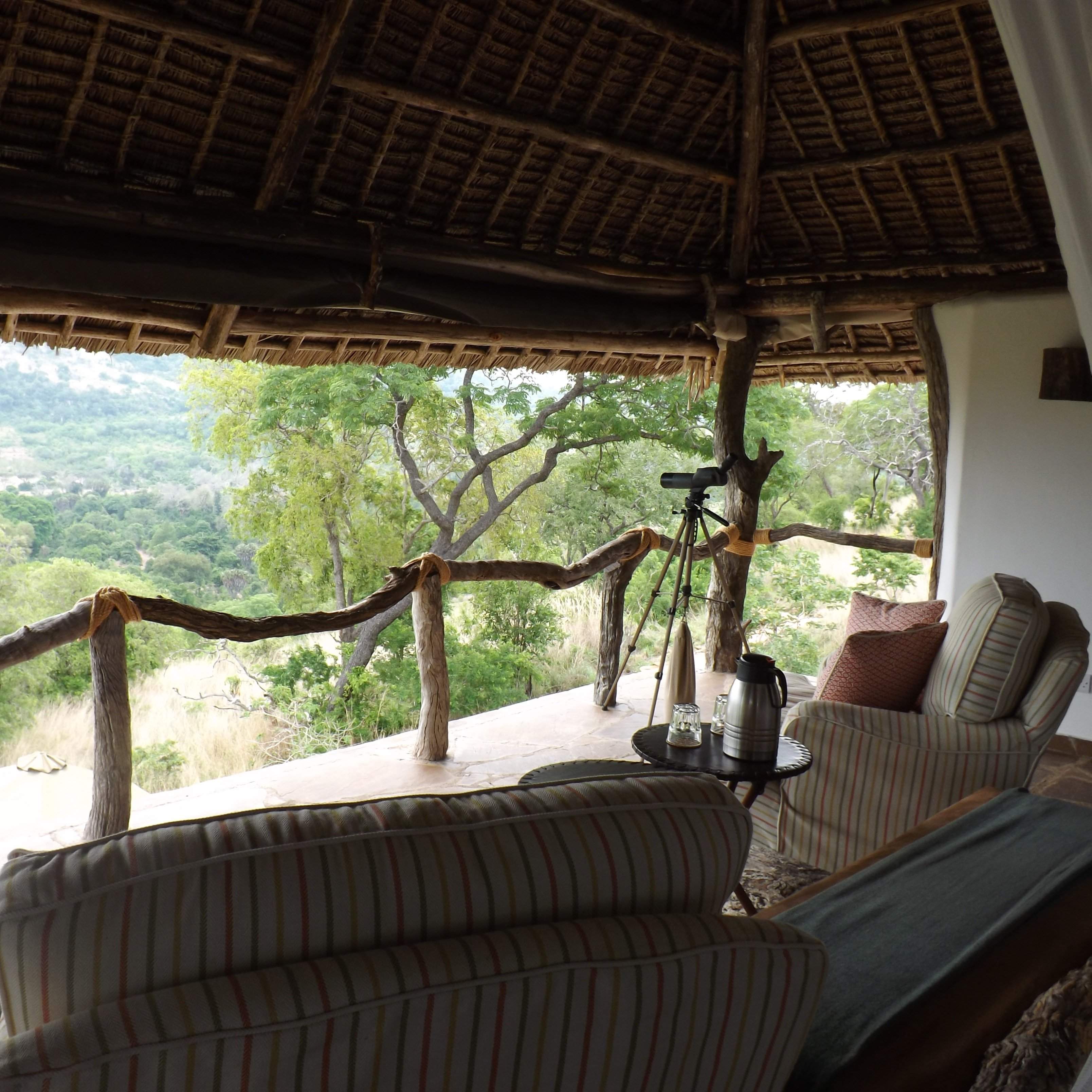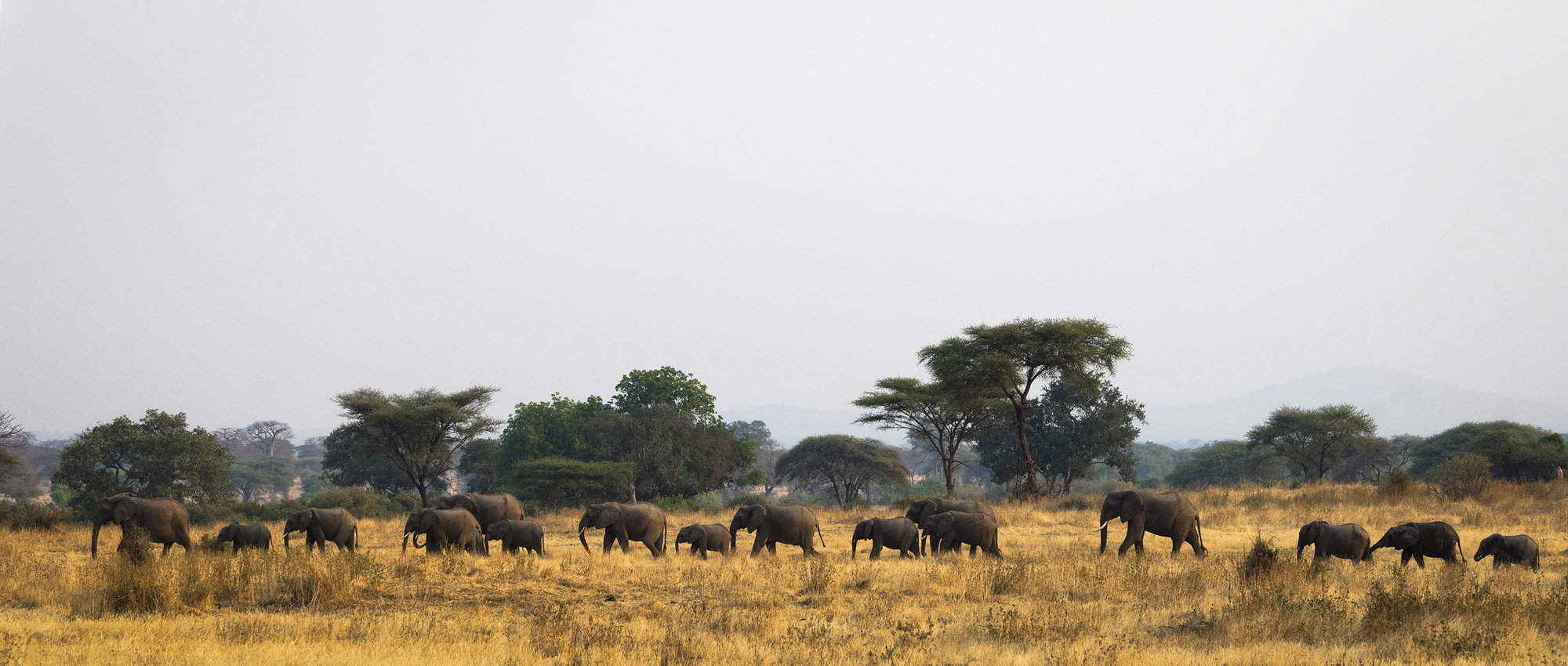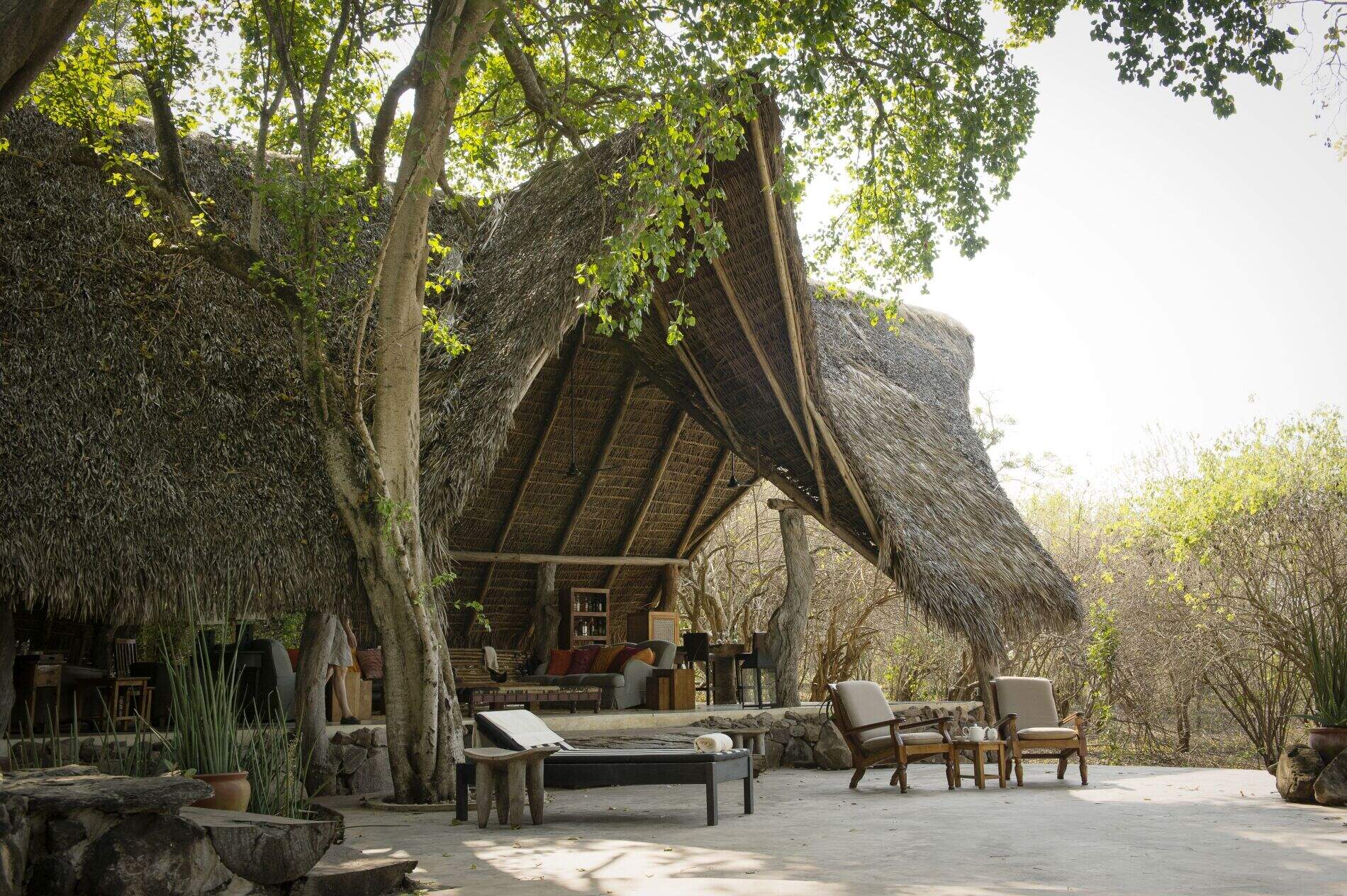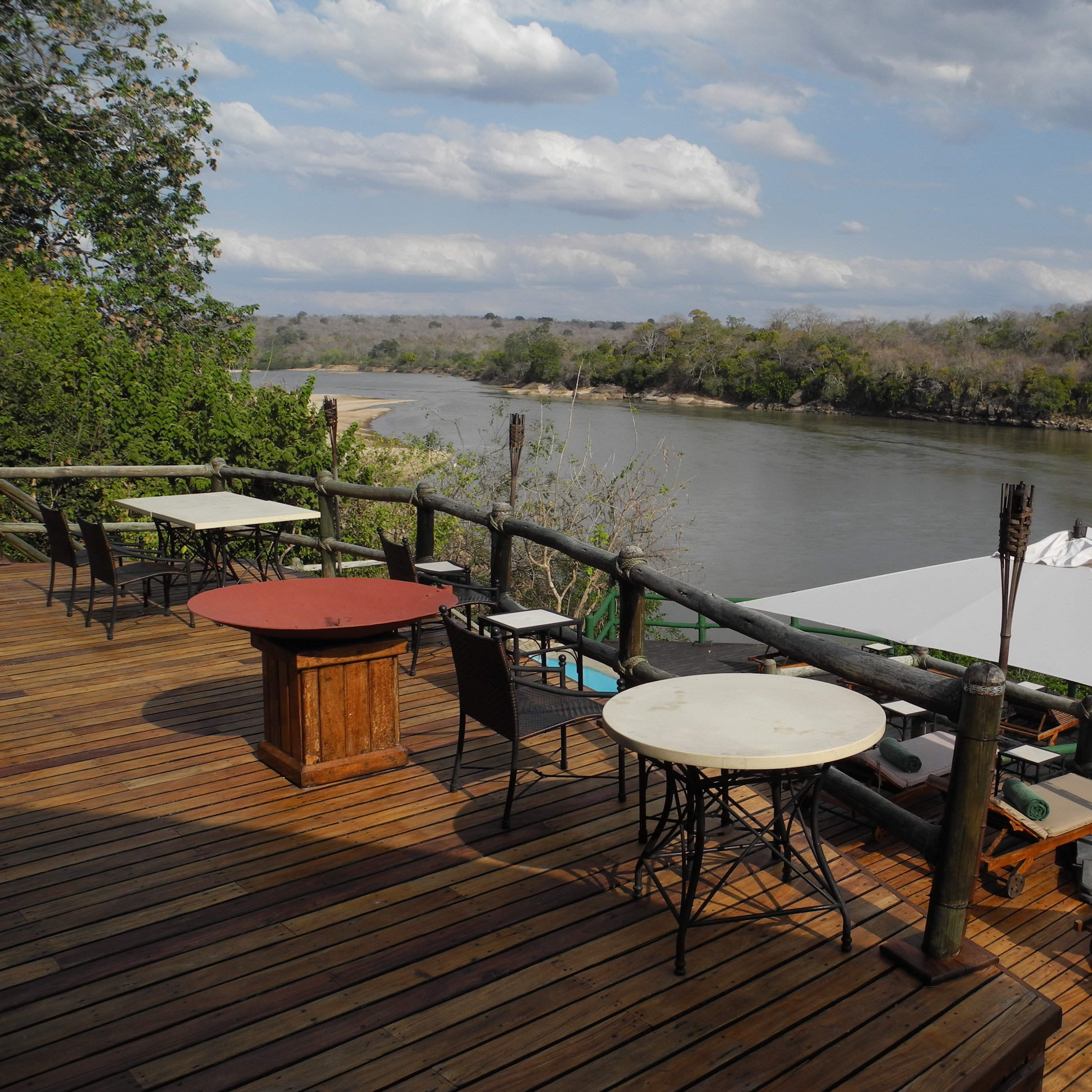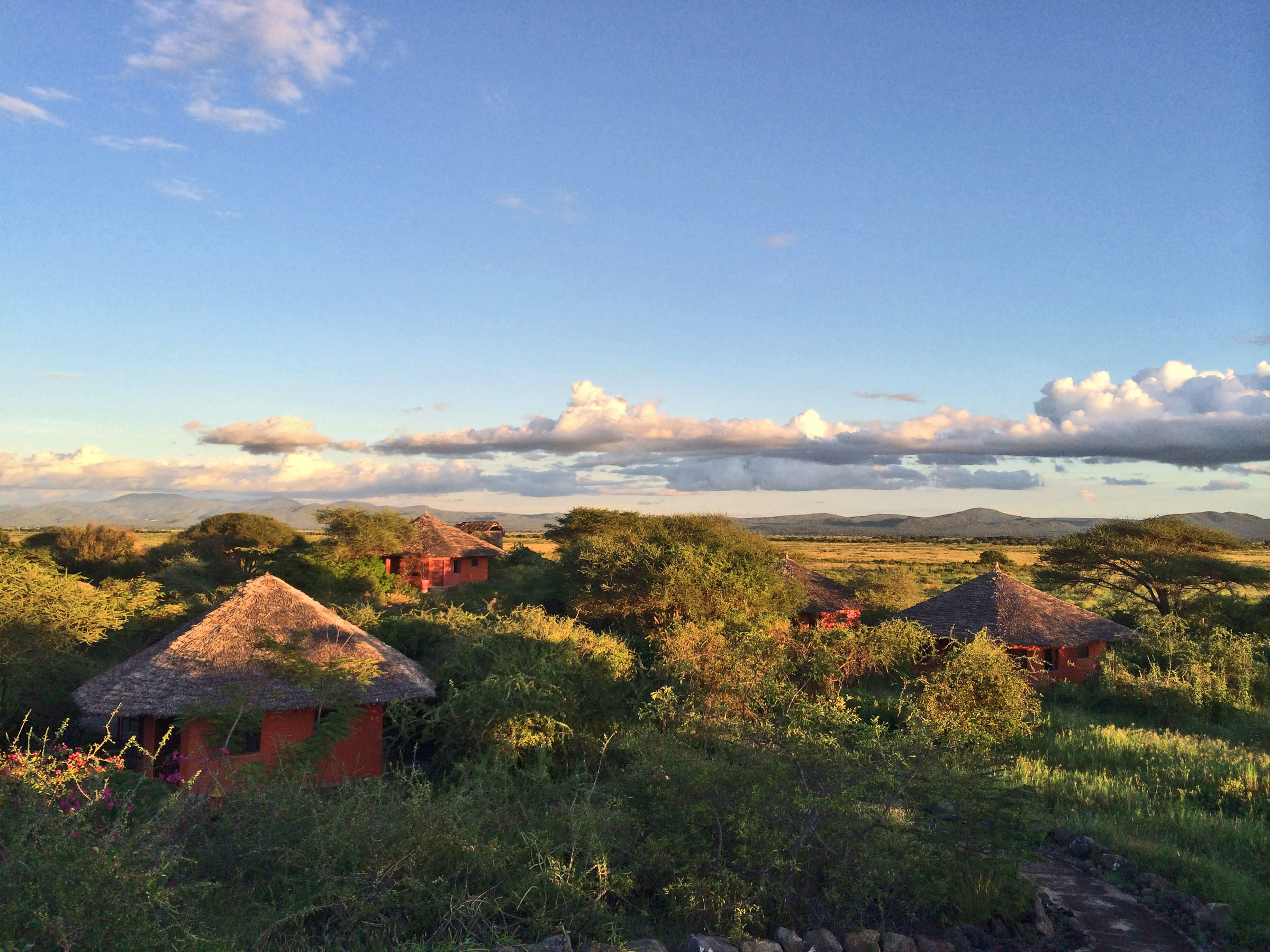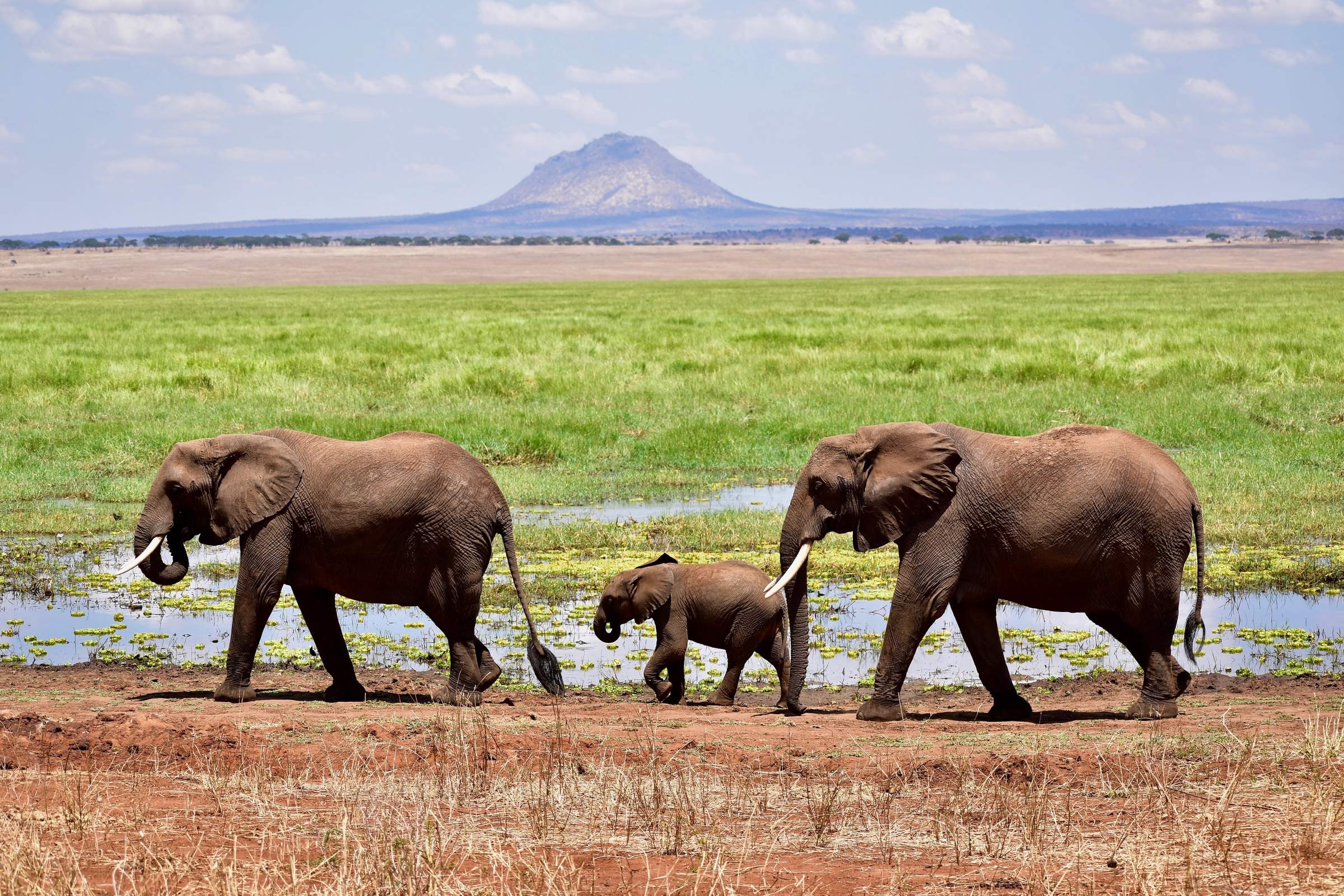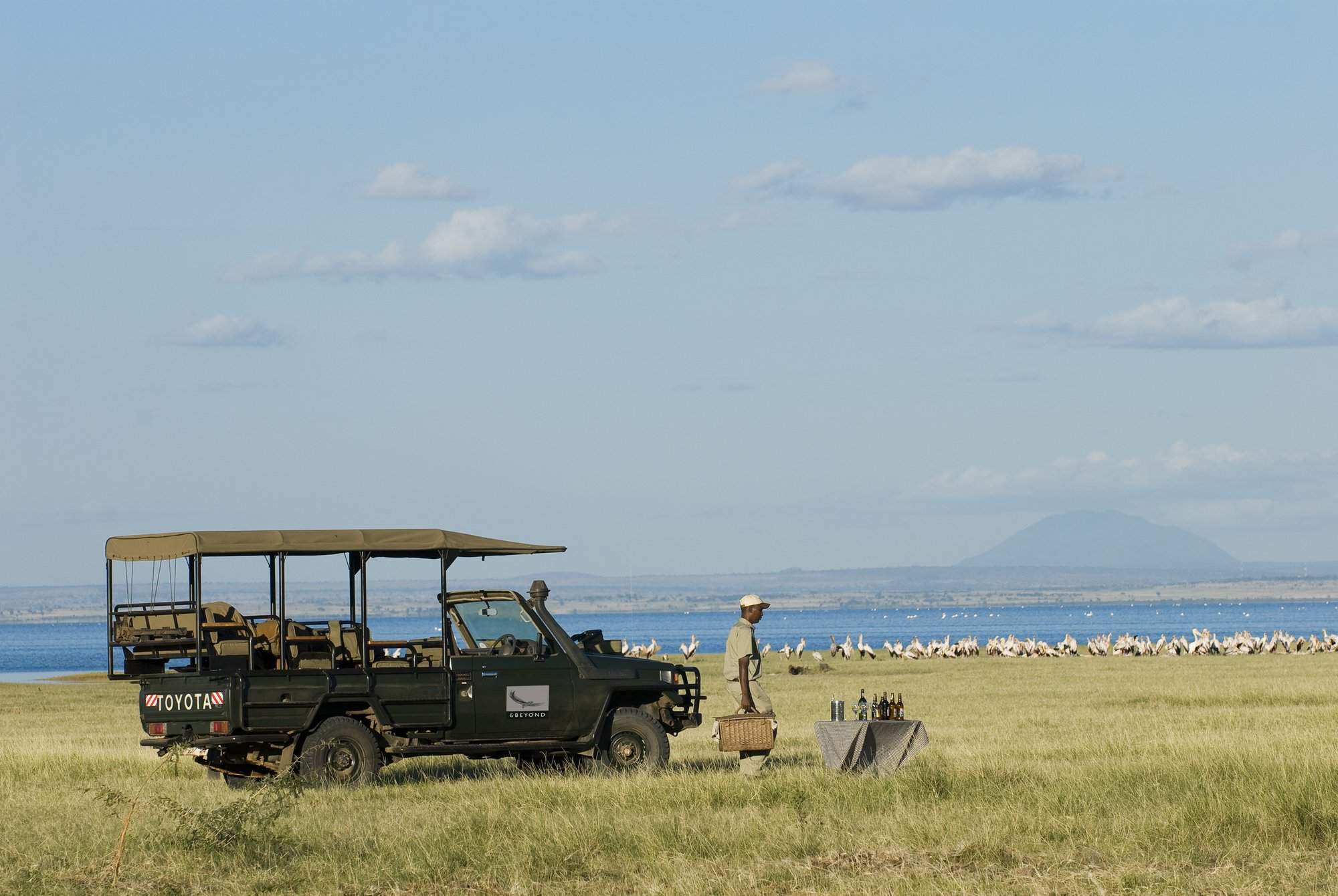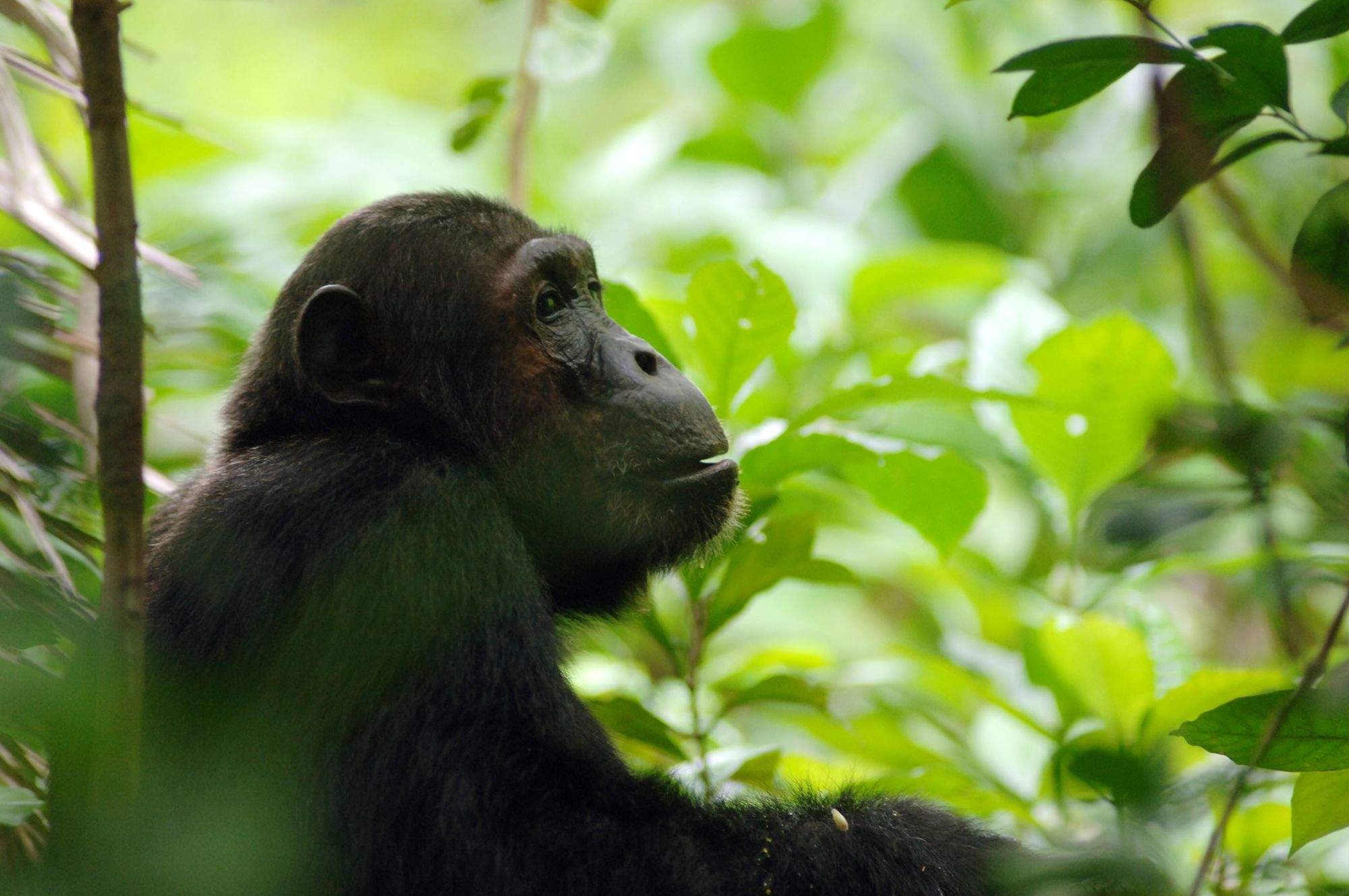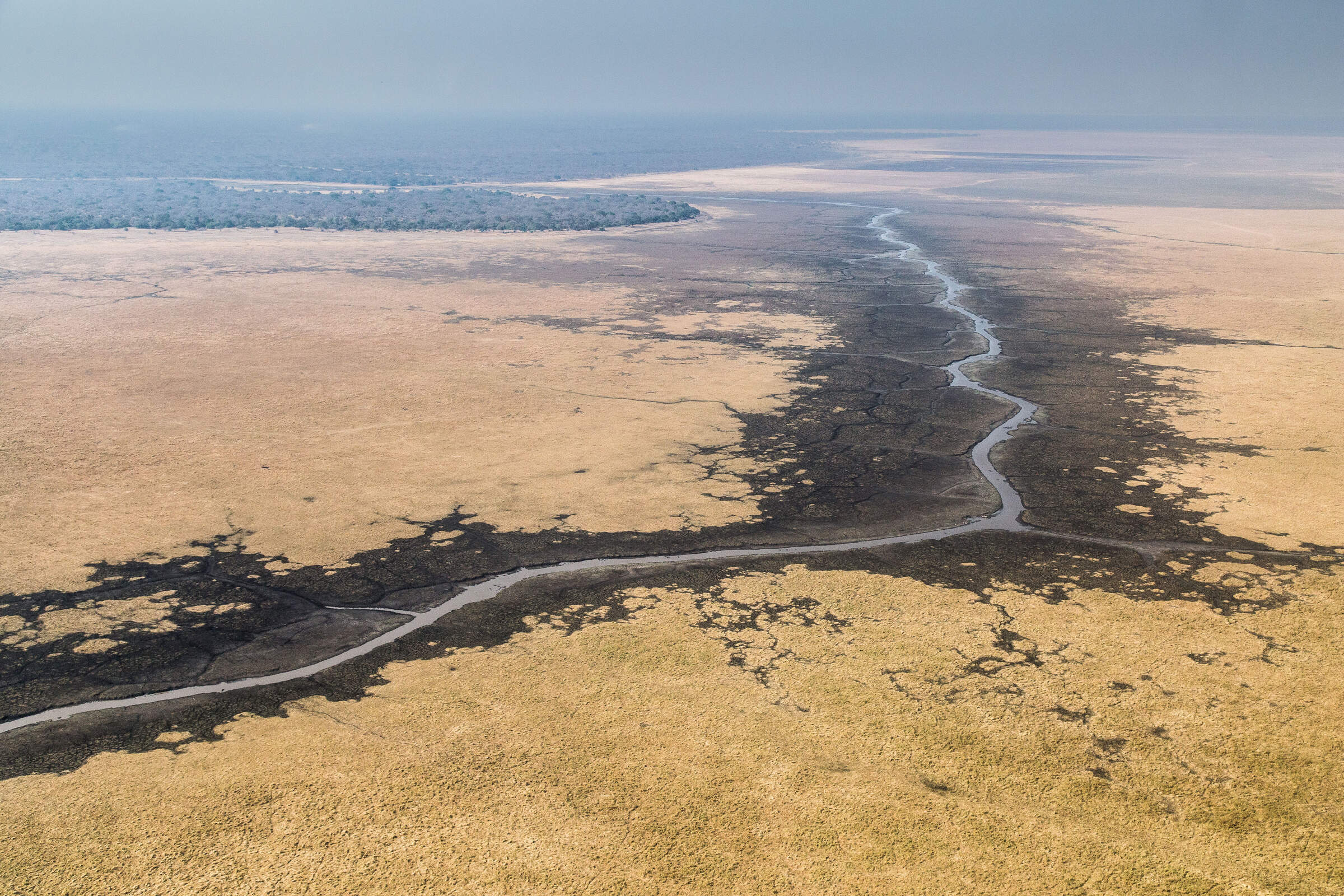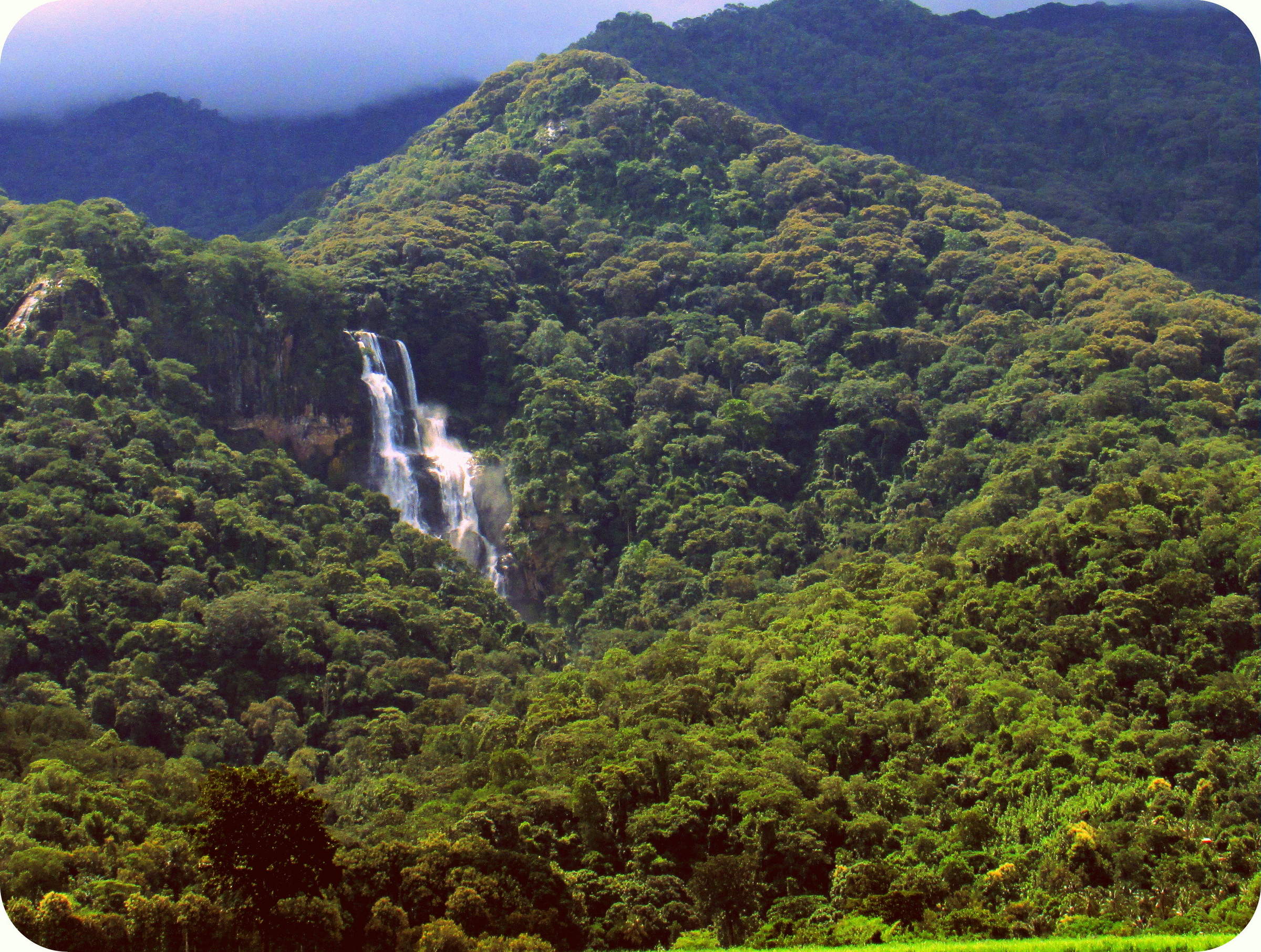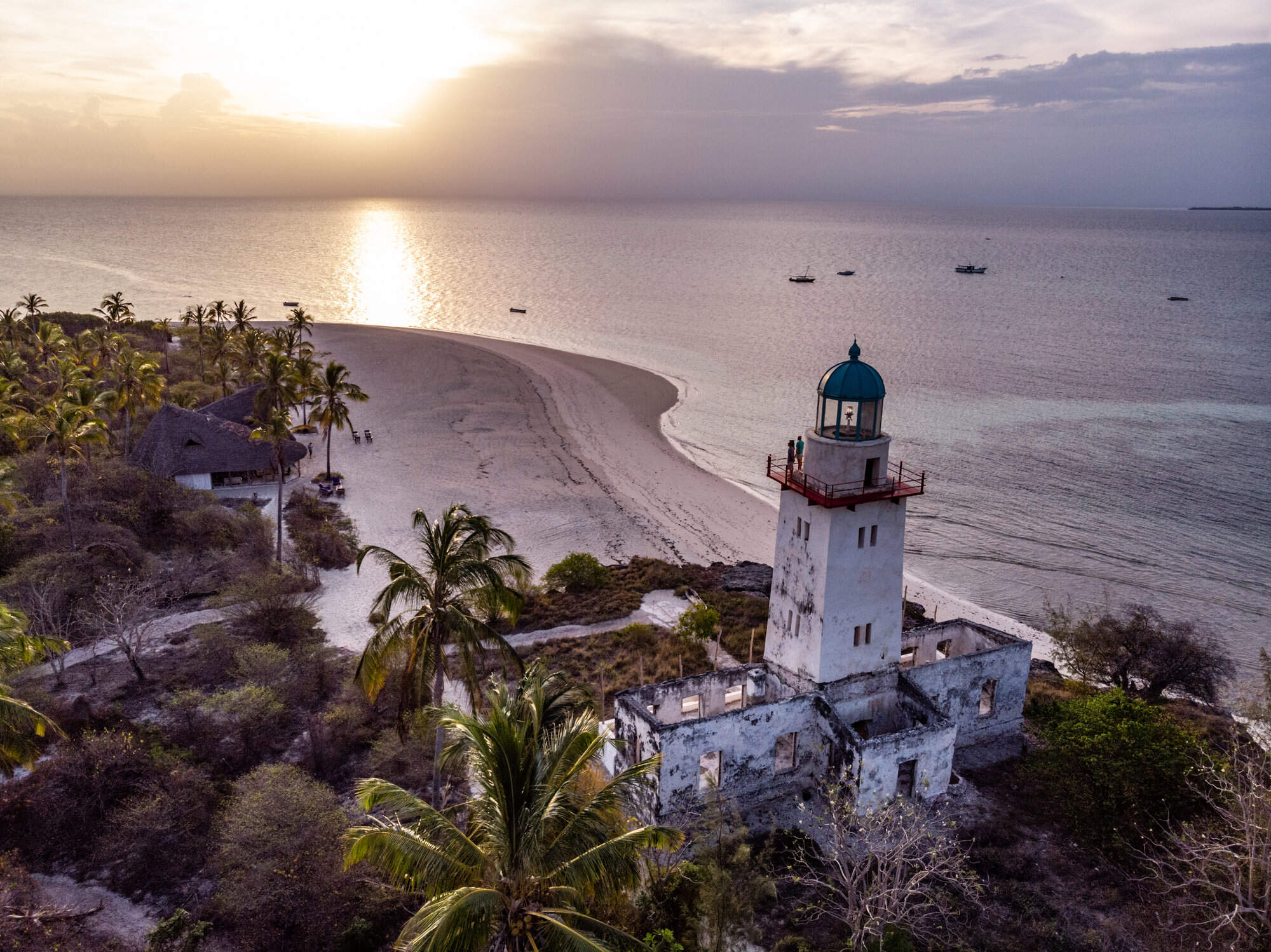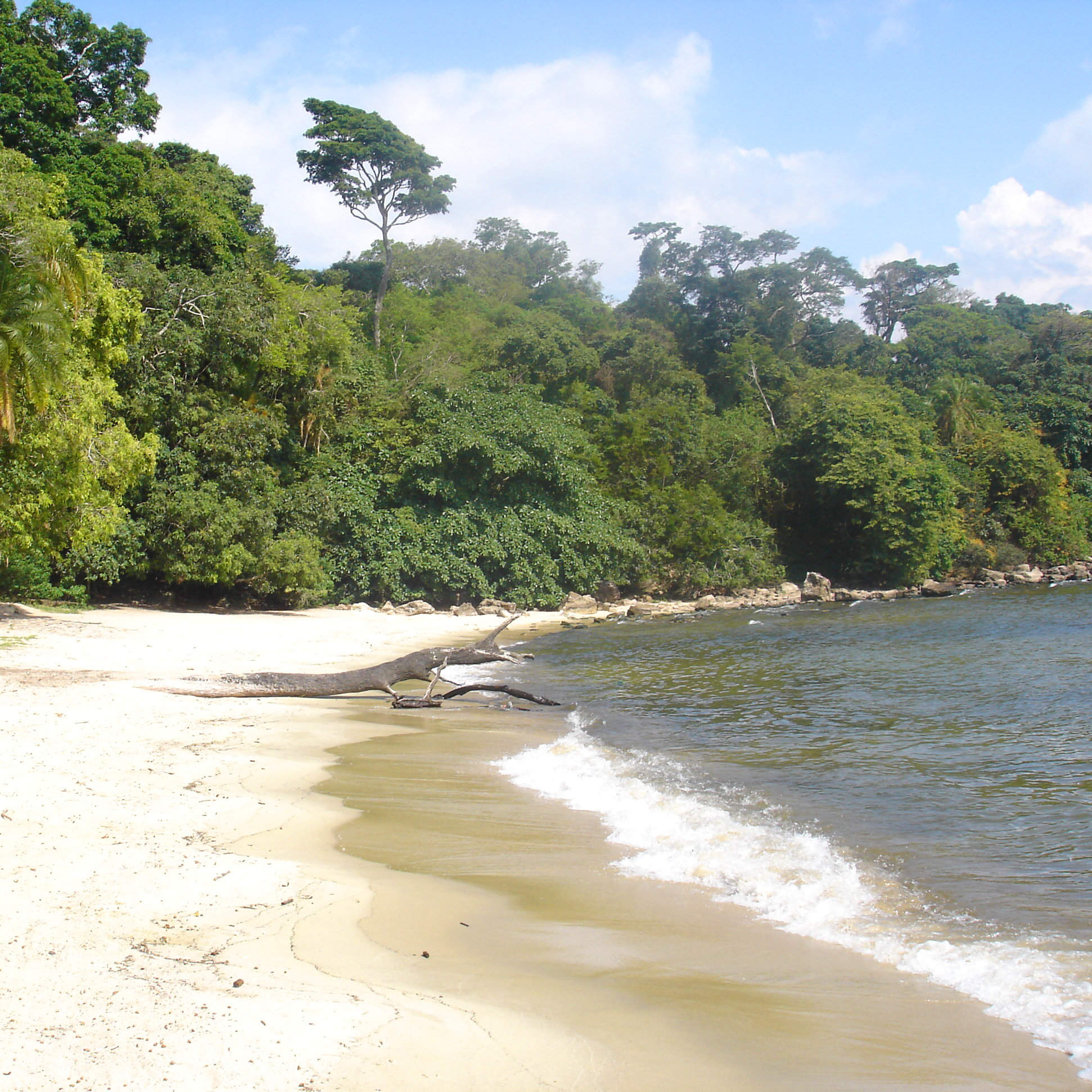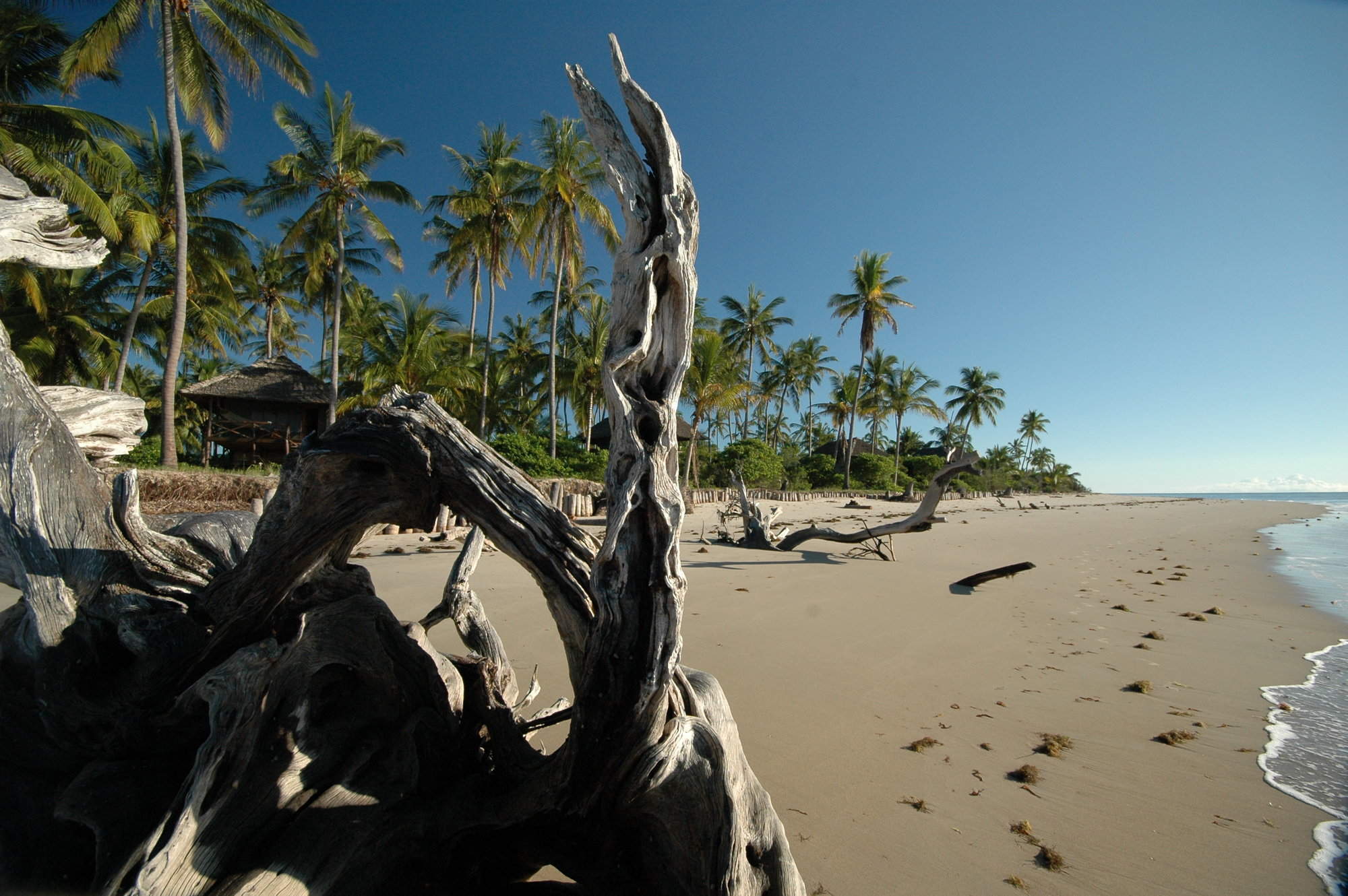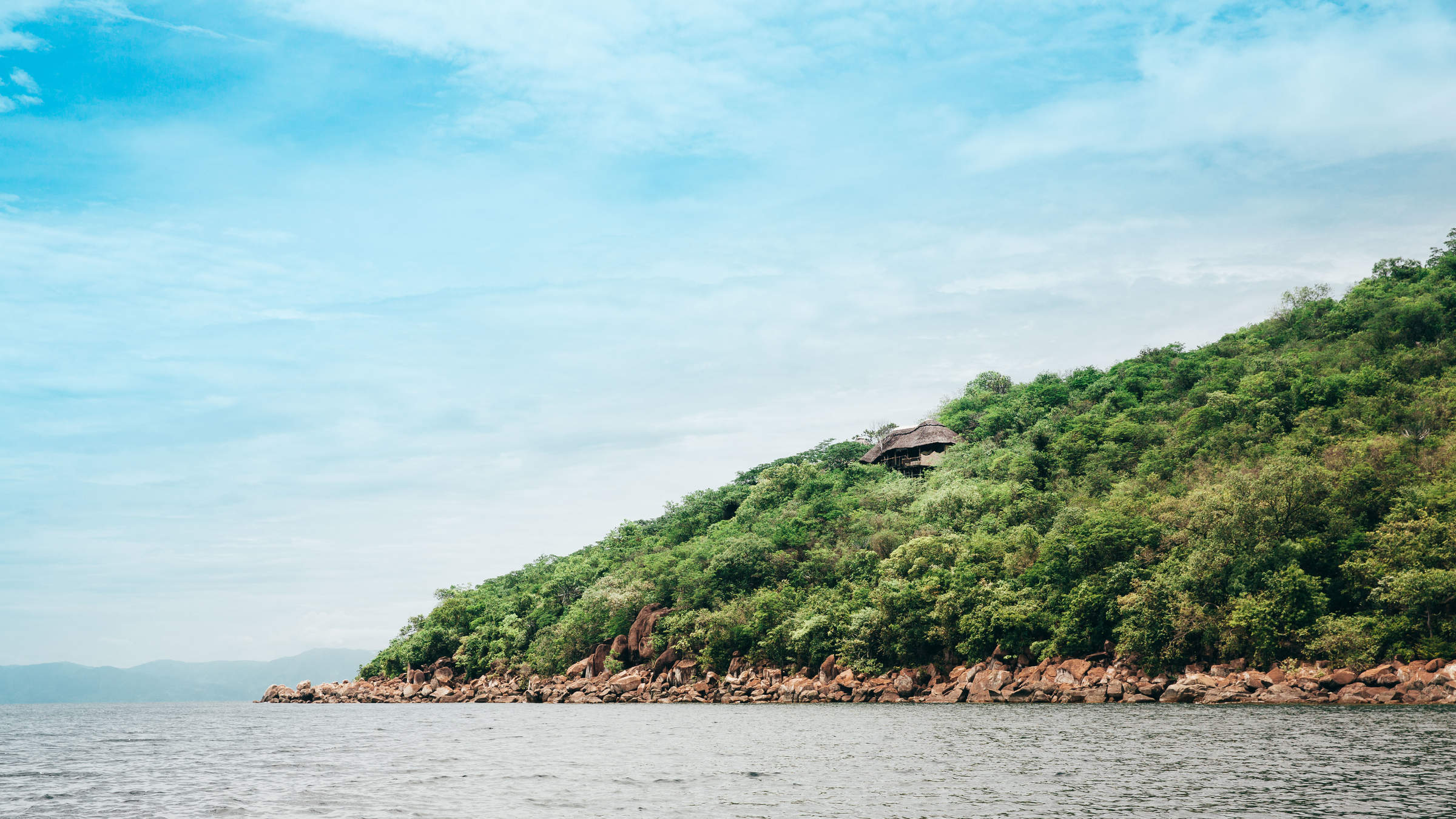Roho ya Selous: Our full report
Opened in 2017 Roho ya Selous is currently the newest safari camp in the Nyerere National Park.
Its name means 'Heart of the Selous', after the old Selous Game Reserve. It's located on a small promontory on the west side of Lake Nzerakera, just to the north of the inland delta formed by the Rufiji River. This is indeed at the heart of the Nyerere National Parks' best area for game.This camp is situated on a low hill overlooking the Rufiji River, close to both Lake Manze and also Lake Nzerakera, which is the area of the park typically considered to offer the best game viewing. You can expect to see plenty of crocodile, pods of hippo wallowing in the water whilst fish eagles fly overhead. We understand that the first plan for this camp's name was “Roho Selous” – but that Swahili-speakers were very clear that 'Heart Selous' made no sense as a name… and hence the name “Roho ya Selous” was chosen. Its brilliant location for game certainly warrants the name choice.
Roho ya Selous has eight spacious safari tents, including one family tent, which are nestled between the trees and spaced out for privacy. Inside, the tents are tastefully decorated in a neutral colour scheme with green accents, with contemporary wall hangings and a few pieces of furniture. The combination of stretched canvas roof, rustic stone floor and bamboo walls makes for a stylish overall aesthetic but the highlight of the room is definitely the huge open side offering a completely private view of the bush. It is screened with a fine net to keep the insects out, but ensures the views are not compromised. On our most recent visit in September 2019, we spotted a variety of wildlife during the day and night.
An evening breeze cooling system is installed over the bed, which is an almost-silent, low-power air-conditioning system which helps to keep the interior of the mosquito net over the bed cool. We've slept under these in other camps, and found them to make a big difference. In case of technical problems with the evening breeze system, there are a number of excellent standing fans as well.
Each tent has a large en-suite bathroom separated by a curtain, which features both an indoor and an outdoor shower, with complementary toiletries provided.
The main area at camp features two open, shady spaces where you can enjoy a drink from the bar, read a good book or share safari stories with other guests. The lounge tent and dining tent are a short walk from the rooms and have the same stone floors and contemporary stretched canvas and net roofs, that are a stylish change from the typical tents found in many camps. These main areas are furnished in a minimalist, natural style, and are decorated with printed cushions and interesting artefacts such as beautiful shells and butterflies displayed under glass domes.
The small kidney shaped swimming pool offers welcome relief during the heat of the day and is a great addition to the camp. There are a number of chairs dotted around the pool, with four sun loungers positioned under a wooden awning.
One of the advantages of visiting Nyerere National Park is the range of safari activities on offer. Most of the camps in the park, including Roho ya Selous, offer a wide range of activities including game drives, walking safaris, boating safaris and also fishing. We enjoyed an afternoon on the neighbouring lake and sundowners on the banks, although the boating areas are a little restricted towards the end of the dry season. Like most of the camps in Nyerere National Park, Roho isn't able to run extensive night drives – as the park's authorities don't allow these in most areas of the park. The best that's possible will be a drive back to camp after sundowners, in the fading light.
Activities are spilt in to a morning and evening sessions, and if staying for at least two or three nights then guests will have the opportunity to experience many of these during their stay. As this camp is the first for its owners in Nyerere National Park, they have brought in a number of their best staff from across the Tanzanian operation – guides, managers and camp staff – so there is an excellent team behind the running of the camp.
Our view
Roha ya Selous is a comfortable and smart tented camp in a great location in the park, run by an experienced team. Its contemporary style may not appeal to safari purists, but it is a well-executed operation offering a very stylish stay. The areas surrounding camp typically have great game and the quality of the guiding is excellent.
Geographics
- Location
- Nyerere National Park, Tanzania
- Ideal length of stay
- We’d suggest that travellers stay here for 3-4 nights, and perhaps combine a stay here with time in Kwihala, in Ruaha National Park, would be very natural.
- Directions
- Roho ya Selous is a 15–20 minute drive from Mbuyu Airstrip, although this is not always accessible, so Siwandu Airstrip is the best alternative, 45-60 minutes away. This is a 45 minutes flight from Dar es Salaam or 80 minutes from Ruaha.
- Accessible by
- Fly-and-Transfer
Food & drink
- Usual board basis
- Full Board & Activities
- Food quality
- When we stayed in September 2019 we found the food quality and presentation to be very good across the board. There is a vegetarian option at every meal, and the chefs are incredibly accommodating with requests based on available ingredients.
As some guests are following their own timetable, with their own driver/guide, there is a particularly relaxed feel at breakfast and lunch.
Breakfast can be eaten before or after a morning game drive, depending on your schedule. You can choose from a cold buffet – fresh fruit, cereals, yoghurts, fresh muffins and freshly baked bread – followed by a hot breakfast of eggs cooked to order, sausages, bacon and toast, along with a selection of fruit juices and tea and coffee. We enjoyed all of this as a bush breakfast by the lake - it was a very impressive set up!
For lunch, there is normally a hot meat option served with fresh bread and a huge selection of salads and dressings. There is great variety though and when here in 2019 we really enjoyed the lasagna with homemade focaccia, sweet potato and green salad. On another occasion we tucked in to beer battered tilapia (a white fish commonly found in East Africa), which was accompanied by chunky chips and freshly made tartar sauce.
A three-course dinner, usually taken at a long communal table, is usually preceded by drinks around the fire. The camp is in a lovely location and guests can expect to dine in a variety of locations during their stay. On our most recent visit we started with creamy carrot and ginger soup, which was followed by Nile Perch, roast potatoes, roast vegetables and a peppery sauce. We finished the meal with a zingy lemon mousse. Everything was beautifully prepared and very tasty. - Dining style
- Group Meals
- Dining locations
- Indoor and Outdoor Dining
- Further dining info, including room service
- Individual tables and room service available on request.
- Drinks included
- All drinks included, apart from cellar wines, premium spirits & champagne
Children
- Attitude towards children
- Children over the age of five are welcome at Roho ya Selous.
- Property’s age restrictions
- Children need to be over the age of five.
- Special activities & services
- Camp staff are happy to occupy children around camp with activities such as basic fishing.
- Equipment
- The camp has a family tent consisting of a standard double with an interconnecting room equipped with three bunk beds.
- Generally recommended for children
- When we visited we felt that Roho ya Selous had quite an adult atmosphere to it, so we would recommend this camp for slightly older mature children, who will be able to enjoy the swimming pool and game drives, but also make the most of the family tent. The camp would be perfect for older children with more independence who will be able to take part in the full range of activities on offer in Nyerere National Park.
- Notes
- Although the lodge accepts children from the age of five, we'd be very cautious encouraging very young children to visit camps like this – which are unfenced and in the heart of big-game country. Given the dangerous game that can, and will, wander thought camp, our advice would be that such camps are really better-suited to older children – and even they will need constant supervision by their parents.
Our travellers’ wildlife sightings from Roho ya Selous
Since mid-2018, many of our travellers who stayed at Roho ya Selous have kindly recorded their wildlife sightings and shared them with us. The results are below. Click an animal to see more, and here to see more on our methodology.

100% success

100% success

100% success

100% success

100% success

100% success

100% success

88% success

75% success

57% success

38% success

29% success

14% success

13% success

0% success
Communications
- Power supply notes
- There is a back up generator for 24-hour power.
- Communications
- WiFi is available throughout camp, but there is limited cellphone reception.
- TV & radio
- There is no TV or radio here – this is a remote camp in the bush.
- Water supply
- Borehole
- Water supply notes
- Bathroom facilities are plumbed in and there are water dispensers in the main areas.
Health & safety
- Malarial protection recommended
- Yes
- Medical care
- Managers and staff are first aid trained. In the event of a serious medical emergency, the camp would organise an emergency air evacuation to Dar es Salaam – which is about 45mins flight away. Note that such evacuations can usually only take place during the day, as none of the airstrips in Nyerere National Park are certified for landings at night. The camp also has connections with a doctors service in South Africa and skype calls can be arranged.
- Dangerous animals
- High Risk
- Security measures
- The camp is patrolled by two askaris (local guards) during hours of darkness and an armed park ranger is based on site. Guests are escorted after dark.
- Fire safety
- There is a fire break around camp and fire extinguishers in all tents.
Activities
4WD Safari
Birdwatching
Boat trip
Fishing
Fly-camping
Guided walking safari
Private activities
Extras
- Disabled access
- On Request
- Laundry facilities
- Laundry service is complimentary.
- Money
- There is a safety deposit box in each room.
- Accepted payment on location
- Payment is accepted in Tanzanian shillings, US dollars and GB pounds. Visa and Mastercard are accepted with a 5% surcharge.
Other lodges in Nyerere National Park
Alternative places to stay in this same area.

